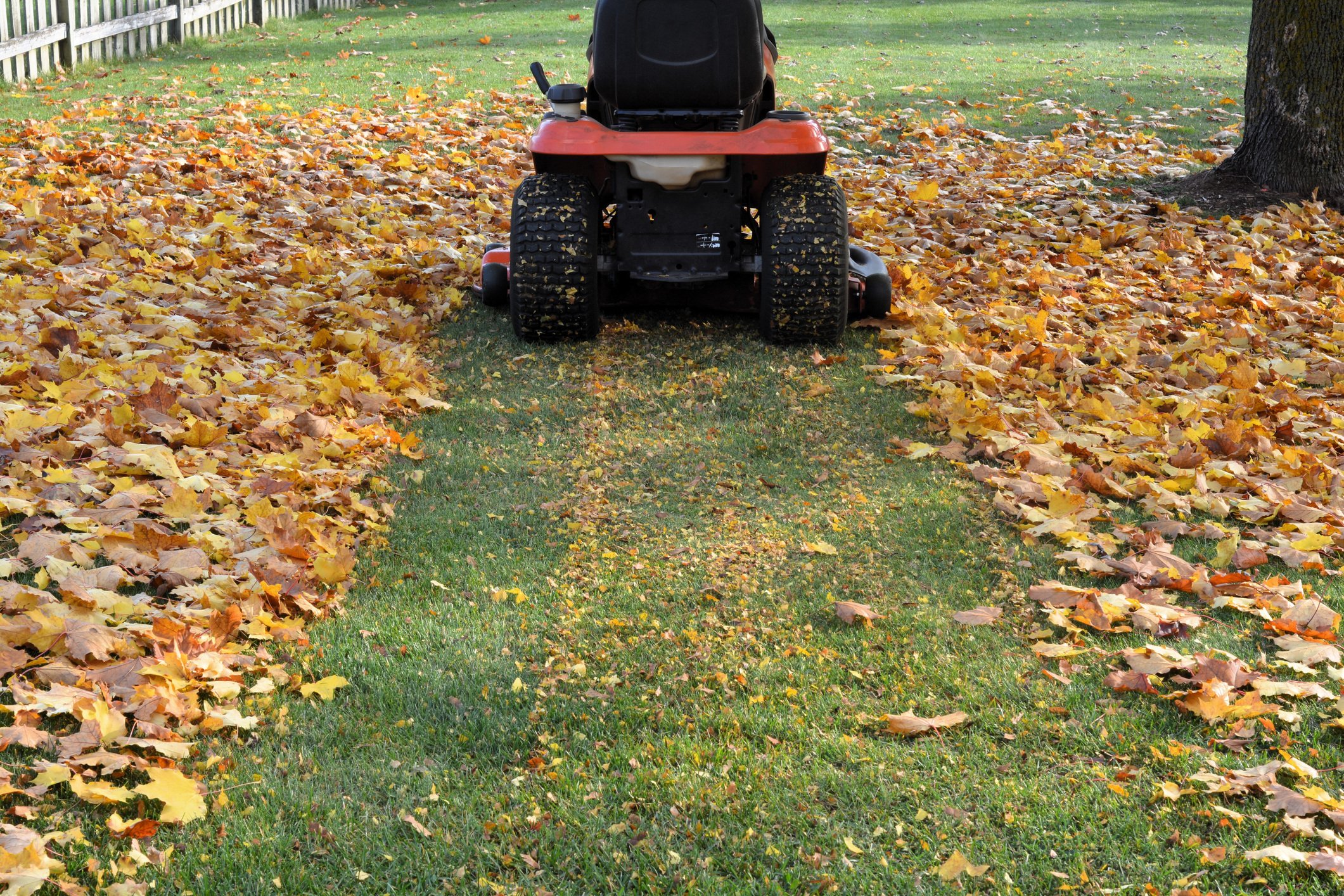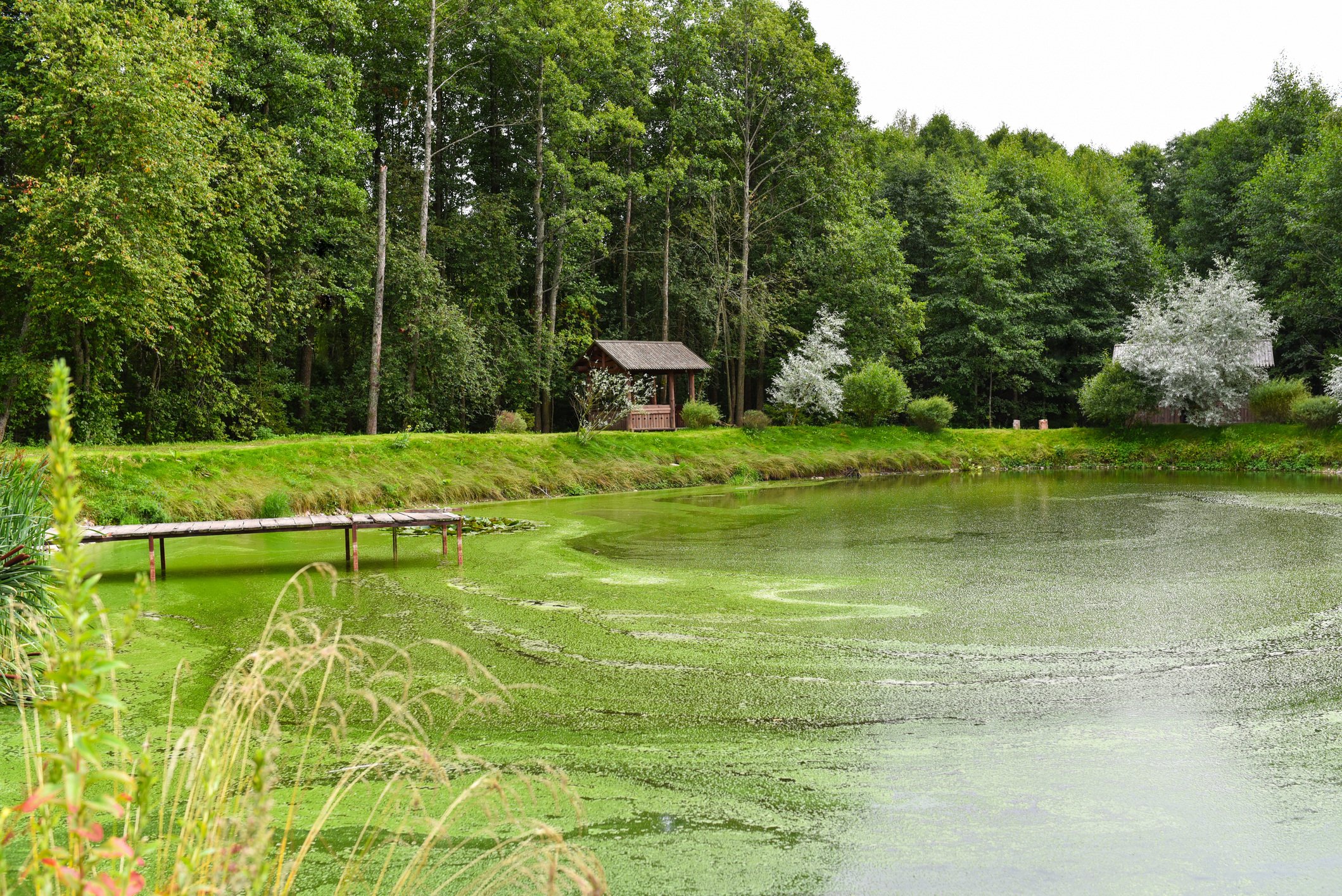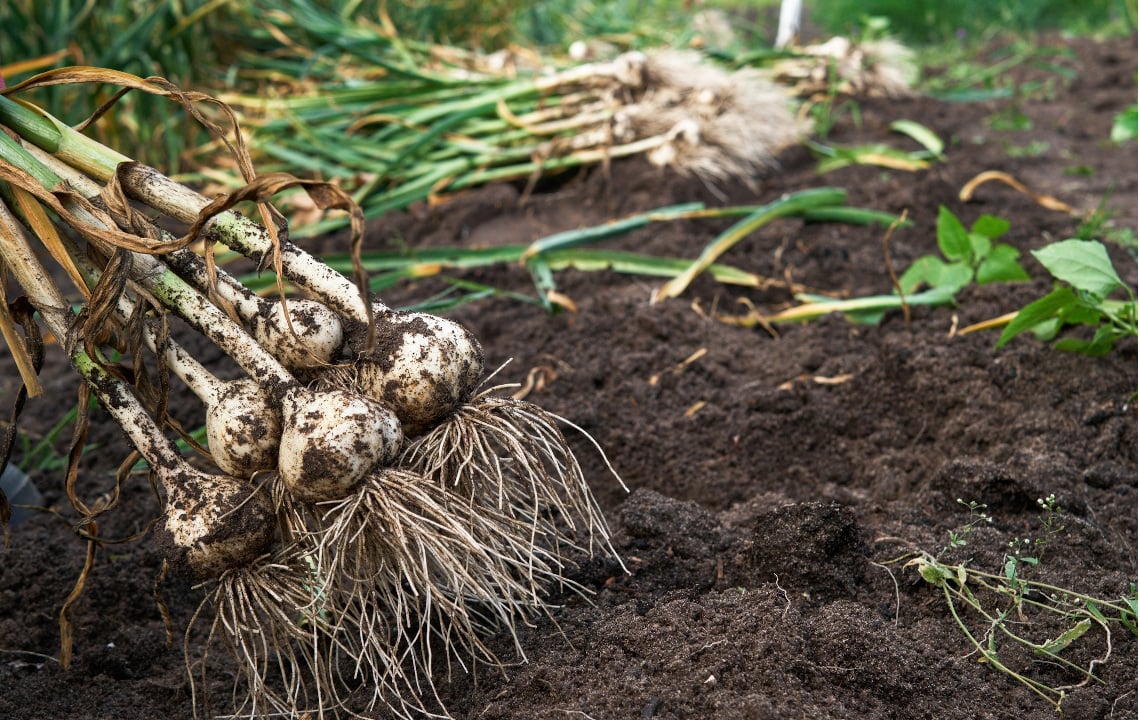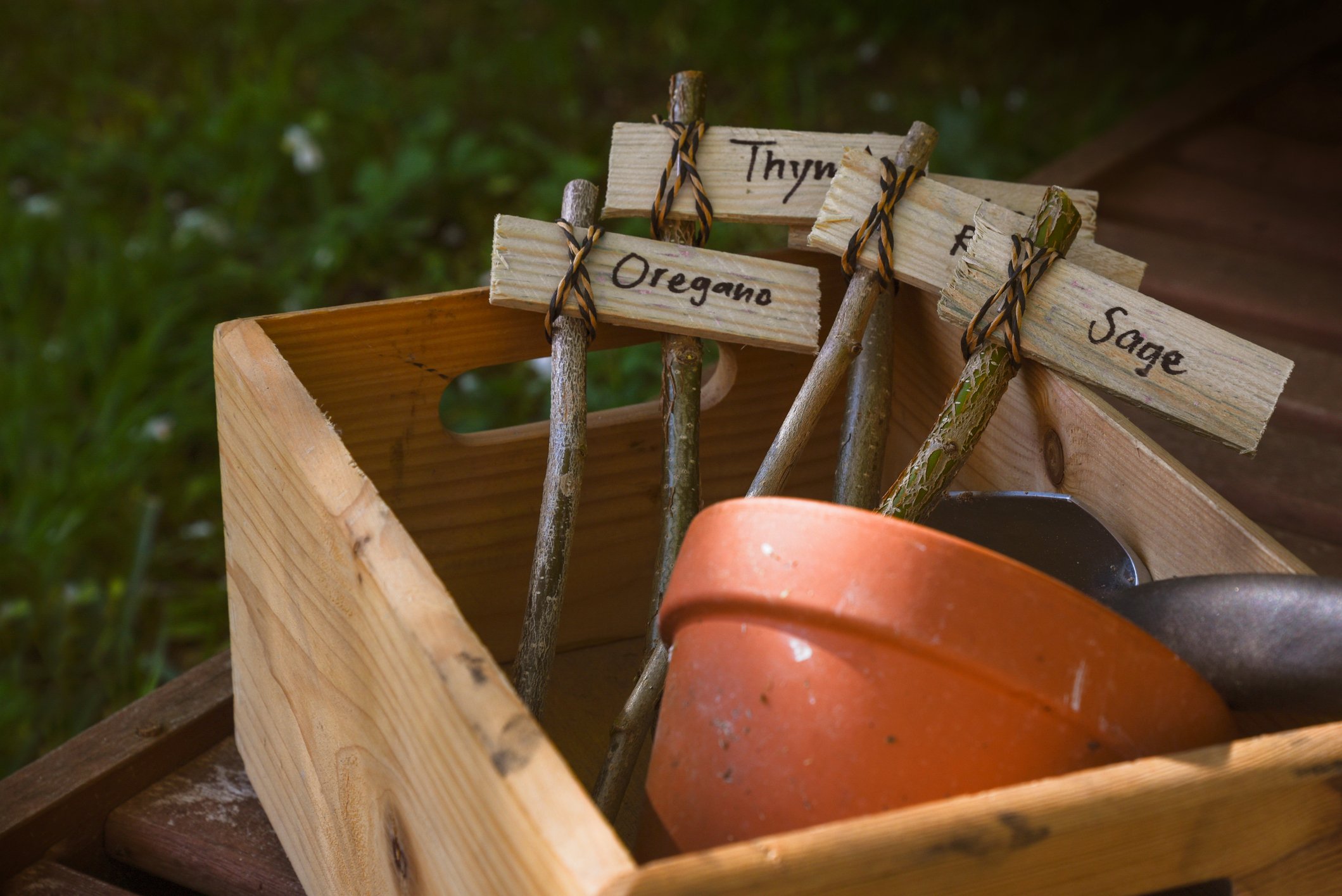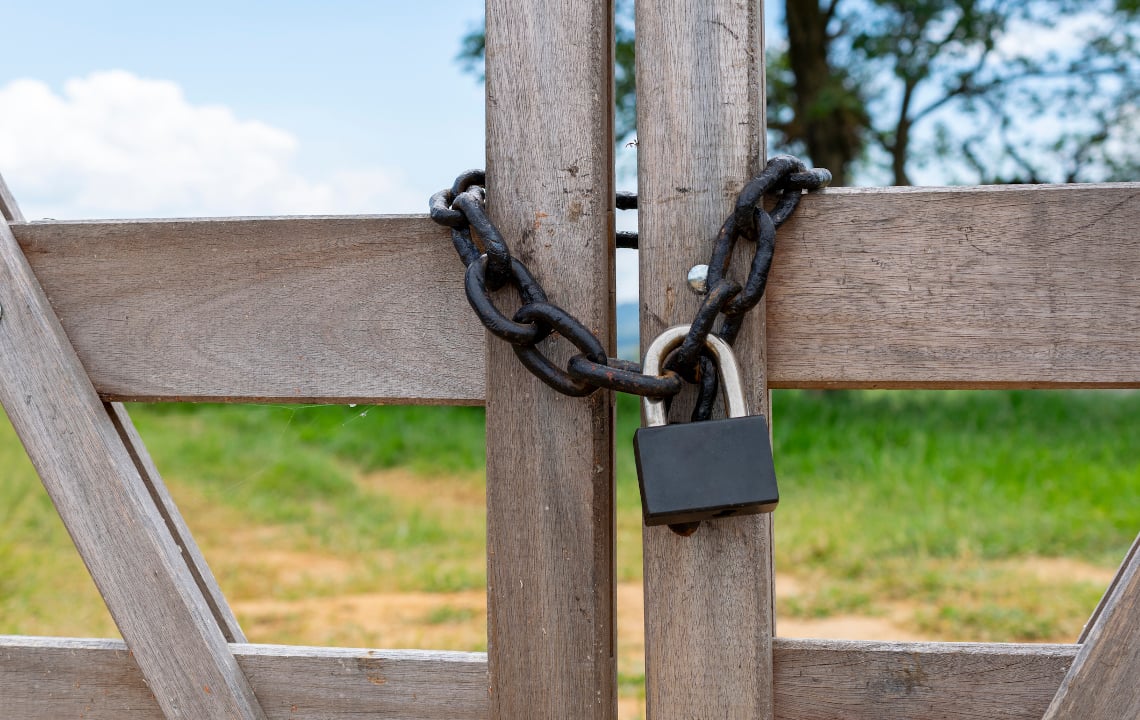In our modern “cast-aside” society, we often see items discarded that are easily repairable or recyclable. We need look no further than our recent ancestors and take a lesson from their ability to repair and extend the life of tools and other items, thereby saving money that could be better allocated elsewhere. Plus, it's better for the planet! Learn from a pro when to replace vs. repair or recycle your farm and garden tools.School is back in session throughout most of the Southeast, which means summer is slowly drawing to a close. Those of us who enjoy gardening, hobby farming or farm for a living, often take this time to evaluate the condition of our tools and equipment. Which always brings up an uncomfortable issue: are these tools worth repairing...or should I just buy a new one when they go on sale?
Though buying a new tool may seem like less work, the truth is worn or broken tools can often be repaired very easily. This saves you the time, hassle and cost of trying to find a comparable new tool (and getting rid of the old one, which if we're honest, often winds up just taking up room in our garden sheds) while keeping unnecessary waste out of landfills.
In this article, I'll teach you how to know when you should consider repairing a tool, how to recycle a tool that either can't be fixed or isn't worth fixing and when it's reasonable to buy a new tool.
To Repair...or Not
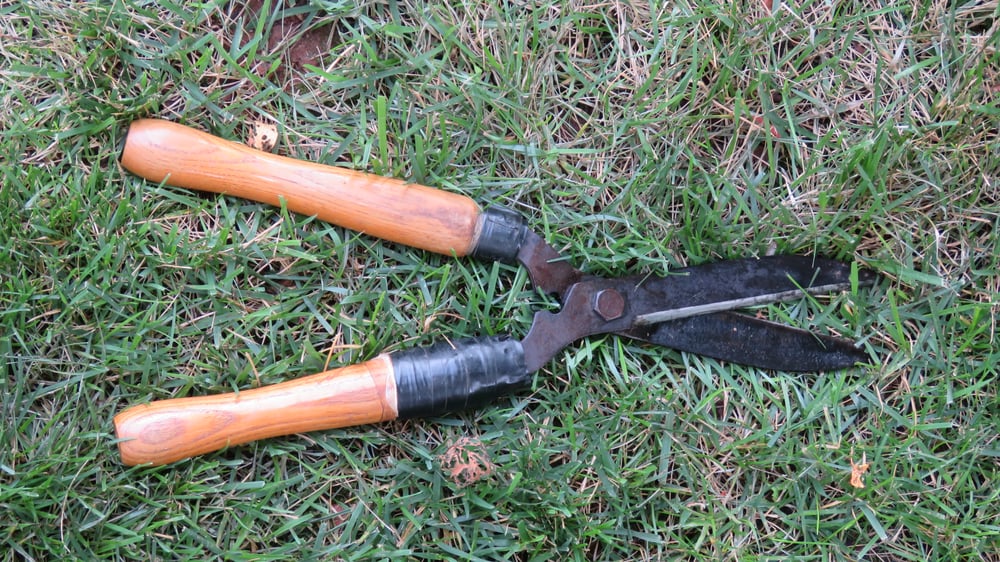
These trimmers were easily repaired by duct taping the handles.
Making the decision to repair, rather than replace a tool should be based on several factors:
- Cost — if the cost to repair is excessive, it might be wise to purchase a new tool.
- Ergonomics — will the repair affect the usefulness of the tool? Ease of use is a very important factor in the decision.
- Difficulty and time involved in repair — if the time and difficulty of the repair is excessive or beyond your skill set, the decision to replace might be wise.
- Tools and skills — do you have the necessary tools to repair the damaged or broken tool? Keep in mind, even if you don't have great repair skills you can likely learn if you're willing.
- The decision to repair may be based on several reasons: is it a favorite to use, was it a gift, is it a family heirloom, or any number of sentimental reasons.
How To Determine the Quality and Dependability of any New Purchase
It is a fact that some of the tools that we might have had for many years are often better quality than what is readily available today. It is a sad commentary on the state of some of the tool manufacturers...and a good reason to hang onto/repair old too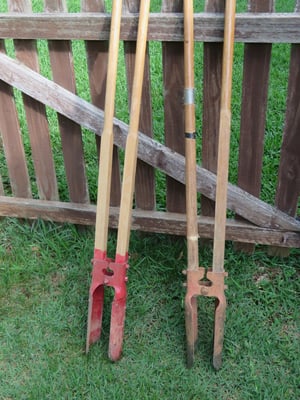 ls whenever possible.
ls whenever possible.
Many modern tools are made of inferior materials and will not stand up to rigorous use. In many cases, handles or grips are made of plastic rather than metal. While they are okay for the short term, exposure to light and heat can weaken and dry out the plastic, resulting in premature failure.
Another thing to consider is that the gauge of the metal being used in digging tools may be lighter and of different alloys that lead to several areas of dissatisfaction. This can affect the ease of use and inability to achieve satisfactory sharpening of the tools.
A personal incident would illustrate the issue of quality of tools. I had loaned a set of post hole diggers to a friend (pictured right). He broke one of the handles and returned the post hole diggers and a new replacement set. The replacement set was lightweight, with inferior metal parts. I replaced the broken handle in the original set (one the left with the tape) and they are as good as ever. The extra weight increases inertia during digging and makes the job much easier.
Bottom line: do your research and be willing to spend extra on a higher quality tool. It will save you time, effort and money in the long run.
Use Ingenuity and Recycle when Possible
If you decide to replace a tool you may be able to recycle some (or all) of its parts.
I have found, for example, that old lawnmower blades can be recycled for many uses. I have fashioned hide scrapers, arrowheads and cutting tool (knives). These items can be cut out with an angle grinder and then sharpened with bench grinders, belt sanders or files.
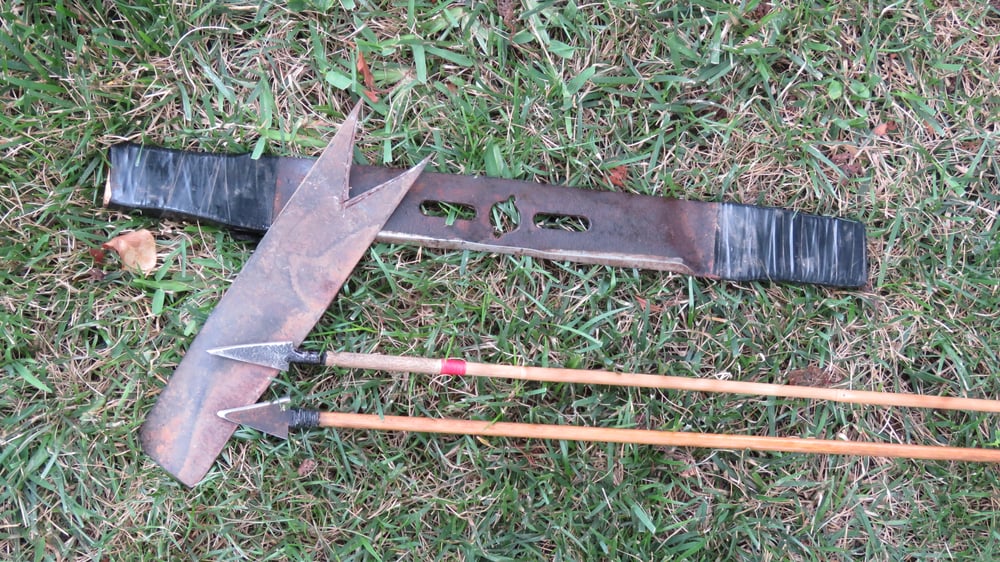
Lawn mower blade used for arrowheads.
My paternal grandfather had a small blacksmith shop on his farm. I remember well how he sharpened plows by heating and hammering new cutting edges on the plows, rather than grinding precious metal away, which would soon result in them having to be replaced. It is another example of the wisdom of our ancestors and a reminder of a good approach to managing our tool inventory.
Slightly damaged tools can also be donated to local organizations that will either use them or fix them up for resale or donations.
If you're the creative type, you can also repurpose these for lawn and garden art (like an old wheel barrow used as a planter), functional purposes (like using an old rake as a hand tool holder) and I've even seen shovels used trellises for tomatoes or green beans. For more inspiration, just search "recycling garden tools".
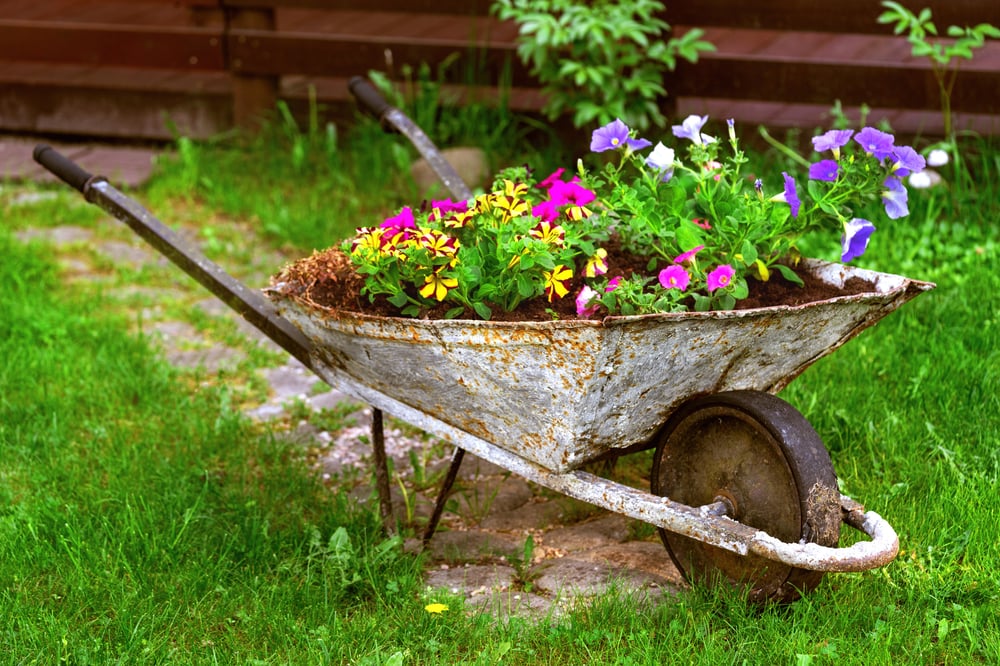
Before you toss an item into the trash bin, consider all the factors to decide whether to repair, replace or recycle. You may find that purchasing a new item is not the best solution and even learn some new skills in the process.


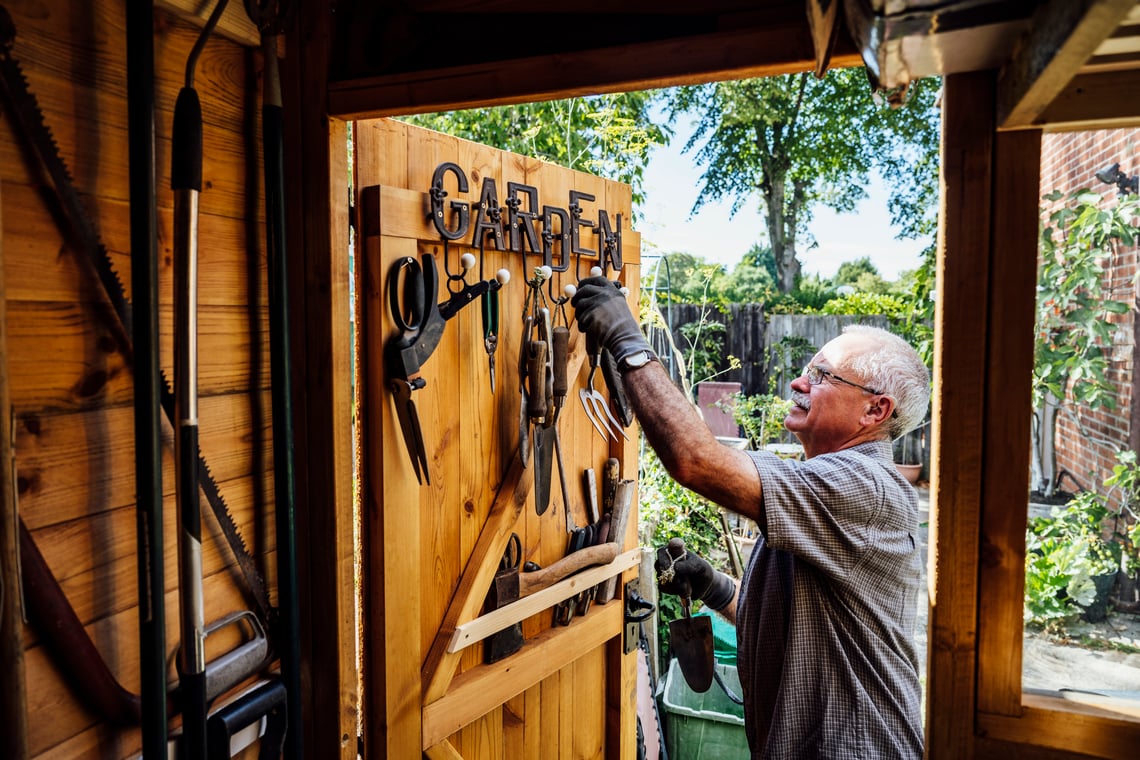
.jpg)



